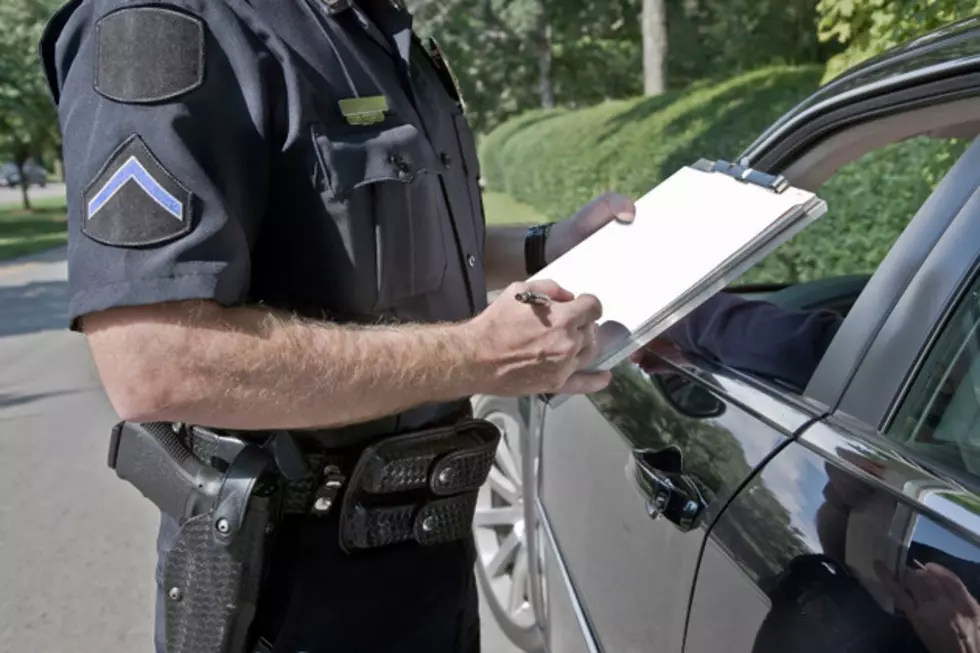
Fargo Police Do, In Fact, Have Ticket Quotas
An email from Fargo's interim police chief David Todd, obtained by way of an open records request, provides proof that Fargo troopers do, in fact, observe ticket quotas. In it, Todd instructs his officers that they are expected to write 20 to 25 citations a month. So long as no one uses that naughty Q-word.
Higher-ups in the force, Todd included, prefer calling the expectation a goal, rather than a quota, which must be met.
Critics of ticket quotas, who claim these "goals" put pressure on troopers to issue tickets they wouldn't otherwise, are likely not pleased. And this isn't the first time Fargo has come under fire over this controversial topic.
Proof of the existence of quotas was obtained in 2000 and 2005, when then-chiefs Chris Magnus and Grant Weyland, respectively, asked similar goals of their officers.
In defense of his traffic ticket goal, and those of previous chiefs, Todd says:
I think the public has an expectation of us to do traffic enforcement. It seems reasonable that if you're out there working a 10-hour shift, then you probably come across a traffic violation at least once during your day.
Grant Benjamin, president of North Dakota's Fraternal Order of Police and Former Fargo officer, disagrees:
If you don't have your numbers up, you have to defend your actions. I don't think that's a good working environment.
Moorhead faced similar controversy in 2006-07, resulting in a lawsuit which was resolved by way of mediation. As The Bismarck Tribune explains:
Nowadays, Moorhead police don't track the number of citations officers write. Instead, supervisors keep a tally of the number of traffic stops officers make.
Moorhead's Chief David Ebinger says his force is "perfectly satisfied" in the case of a trooper issuing a verbal warning, as opposed to an official citation.
Whichever way you think is better, we offer you some sage advice: just don't get pulled over.
More From Hot 975









